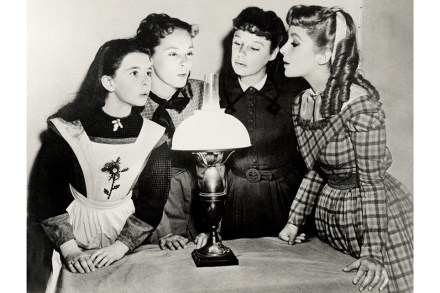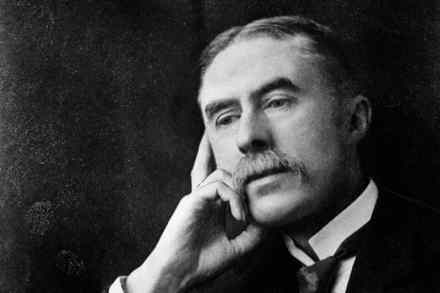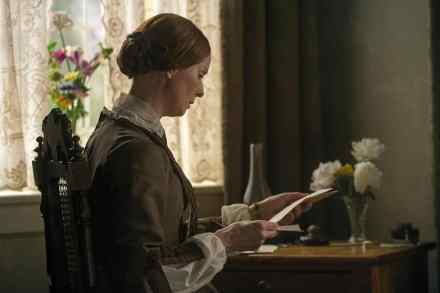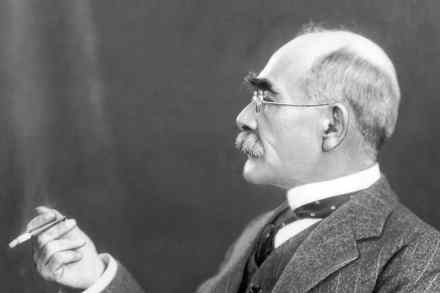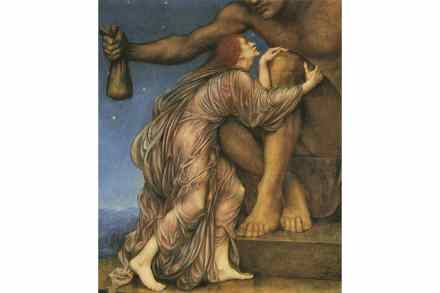Spectator competition winners: children’s stories get the horror treatment
In Competition No. 3268, you were invited to recast an extract from children’s literature in the horror genre. In the forthcoming indie slasher film Winnie-the-Pooh: Bloody and Honey, the seed for this challenge, an unhinged Pooh and Piglet run amok in Hundred Acre Wood, indulging in some eye-gouging and decapitation before gorging themselves on honey.
